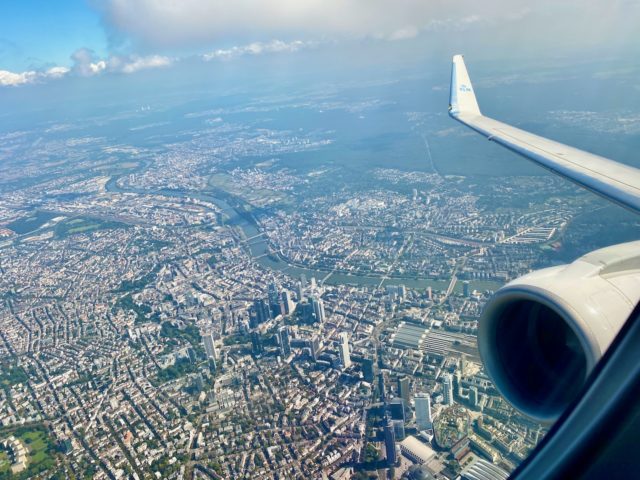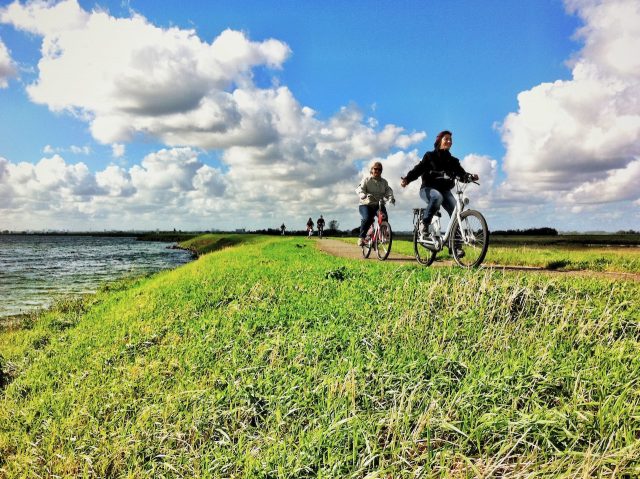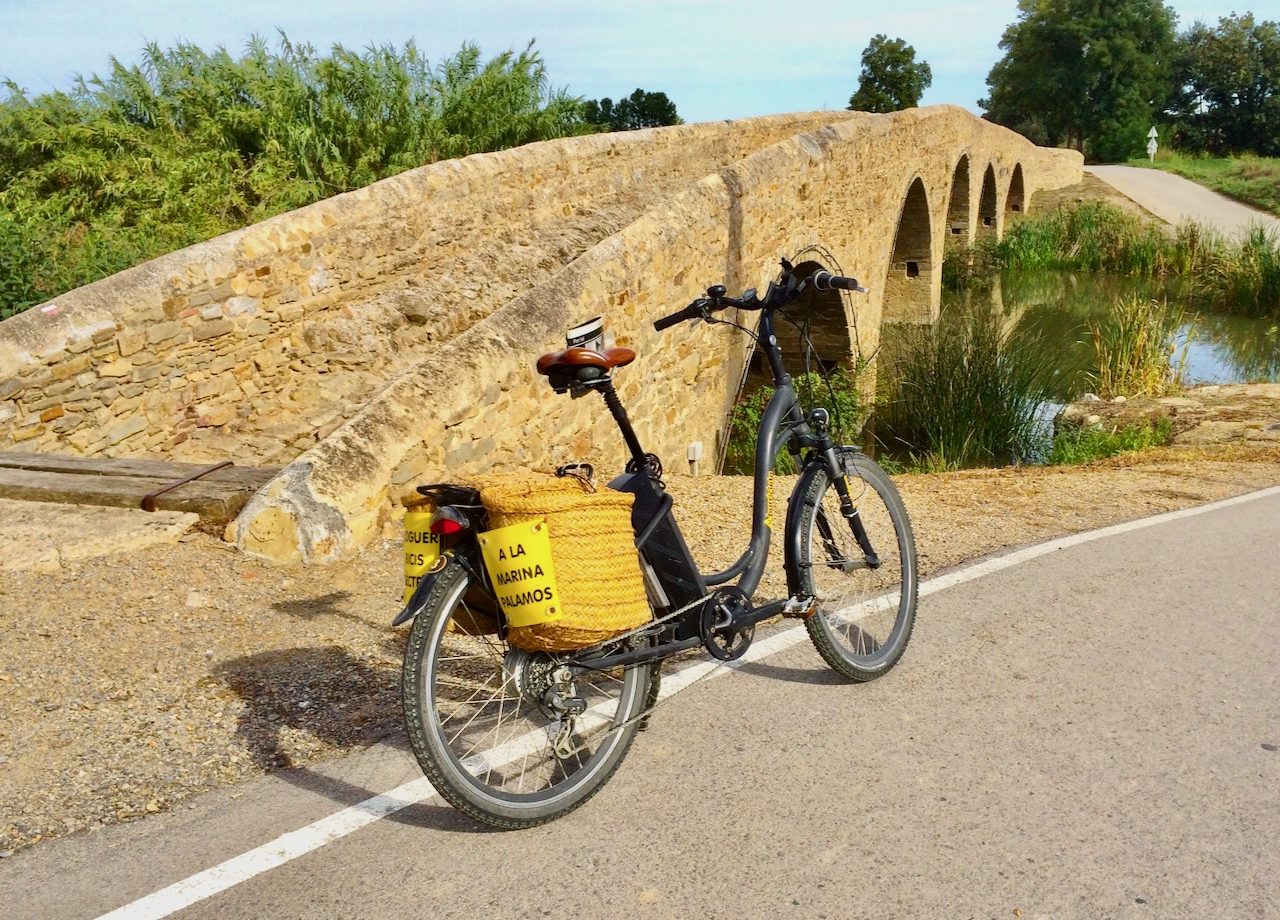I strongly believe that travel increases awareness and teaches us many new things about our world and its people. Unfortunately, the flip side of travelling is increased pollution in the air, on the ground and in the seas. Single-use plastics is also a huge problem as evidenced by piles of used plastic packaging at tourist and nature attractions. However, it’s never too late to improve our ways. Sustainable travel is possible by simply being more conscious of our impact on the communities and environment of the places we visit. As travellers, we are just as responsible for the local environment as the people who live there. Our contribution lies in the small deeds, which we should practise wherever we are. When added up, these small every day deeds make the biggest difference. I’ve listed below ten sustainable travel tips which can help us lower our emissions and footprint.

Ten sustainable travel tips
I love travelling and I’m becoming increasingly aware of my footprint. In addition to adhering to the points below wherever I can, I’ve also become much more conscious of my behaviour at home. Actions like using renewable energy for my everyday needs, avoiding single-use plastics, using water sparingly, reducing waste, and walking or cycling instead of driving also help to minimise (and hopefully even compensate for) the impact created by my travel lust. Here are my ten sustainable travel tips:
1. Book a sustainable accommodation
When booking a hotel, opt for sustainable hotels wherever possible. Note though that not all hotels are as sustainably-conscious as they promote themselves to be. Do an extra background check. What are the hotel’s sustainable travel efforts? Is the hotel certified by an independent environmental organisation? Things to look out for include the toiletry packaging (are they refillable?); do they source food ingredients locally; and if they have a policy of not changing towels/sheets every day.

2. Compensate CO2 emissions
When booking a flight ticket, check if the airline offers a CO2 emission compensation programme. Find out what the airline does to compensate emissions from their flights before choosing to contribute.

3. Opt for electric or self-powered transport
If you’re hiring a car, choose one with the least CO2 emissions, such as hybrids or electric cars, wherever possible. Even better, opt to travel by train or (e)bike to minimise your CO2 footprint. When exploring a place, look for zero/low emission modes of transport such as electric boats/vehicles, kayaks and bicycles. My favourite way to explore a place is to walk. I’ve published many walking tour routes on this blog such as Palma de Mallorca, Graz and Lecce.

4. Re-use towels and bed sheets
In your hotel, re-use the towels by hanging them up after use. Let housekeeping know that you would like to re-use the towels.
Another hotel tip: re-use the sheets. Housekeeping often changes the sheets every day. You could, for instance, leave a note requesting them to just make up the bed without changing the sheets.

5. Use water sparingly
In many countries, water is a scarce commodity and when I think about it, I’m grateful that there’s running water in my hotel room as locals may not have this same luxury. As travellers, we’re consuming the same resources as the local community. Using these resources, like water, sparingly lessens the impact on the community. Things I do to save water include having a quick shower (< 5 minutes) and turning off the tap when shampooing, sponging or shaving.
6. Bring a water bottle
Get a sturdy water bottle which you can re-fill, at for instance, public drinking fountains. Some hotels have coffee/tea-making facilities in the room. Should the water be safe to drink, use the kettle to boil water in the morning and re-fill your water bottle in the evenings.
7. Take your litter with you
When out on the road and there are no rubbish bins around, take your trash with you and dispose them back at the nearest bin. I’m also starting to develop the habit of picking up stray trash on the road, in parks or on the beach and disposing them in the nearest bins.
8. Stay on the path
I enjoy walking in nature parks and have often seen people stray off the paths, crushing possibly sensitive flora along the way. Please stay on the paths to help protect the flora and delicate eco-systems.

9. Rechargeable batteries
Purchase rechargeable batteries for your electronic appliances if possible. Avoid disposing empty batteries in ordinary bins, instead look for special battery recycling collection bins. If you can’t find them at your destination, bring the batteries back with you and dispose them at your local battery recycling collection point.
10. Support local businesses
Last but not least, support local businesses that are conscious of their community and environment. This could be a restaurant that uses only locally-sourced ingredients, fashion and design stores that recycle or upcycle materials, or a local tour guide who can show you different or lesser-known places.
This list is by no means exhaustive. Should you have more sustainable travel tips, please feel free to share them here.
Read about how to stay healthy and fit when travelling.












Hi John,
Thanks for your comment. I agree with you that if we can get to a destination by another form of public transport (train or bus), we should try to. I think that if we choose to fly, we should at least endeavour to offset the emissions some way or other, whether its via the airline, a charity, a tree-planting project or cutting down on our own energy consumption at home. You’re right. The responsibility is ours and we shouldn’t count on someone else to do it for us but there’s no harm in doing it both ways I think. All little bits count.
Cheers,
Keith
When booking a flight the first consideration should not be offsetting. It should be is there a more sustainable way of getting there, or is there an alternative destination that suits my needs that can be got to by bus, rail etc in the time scale. If a flight proves necessary then offsetting is the last resort. You are effectively asking someone else to save the carbon dioxide for you.
You can make more of a difference by cutting down your carbon footprint from your own lifestyle. Cut down on unnecessary travel, make energy savings at home,switch to sustainable electricity, etc. Offsetting can be done via profit making companies but it is probably better to offset with a charity. Do some research, there are some real horror stories about offset projects. Just have a go with your favourite search engine if you want to learn more.